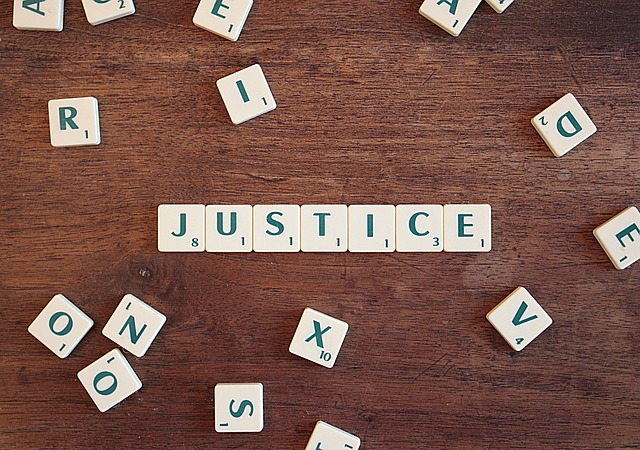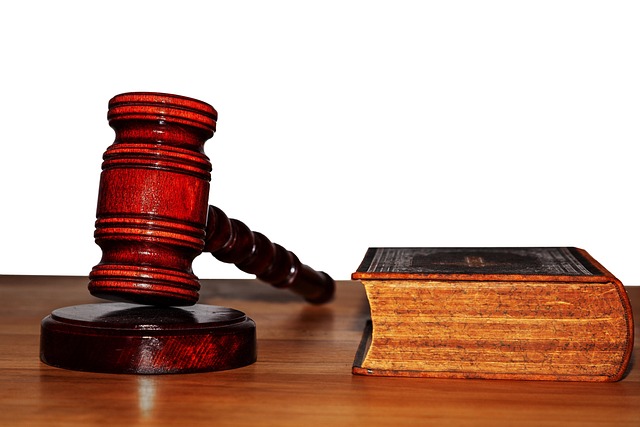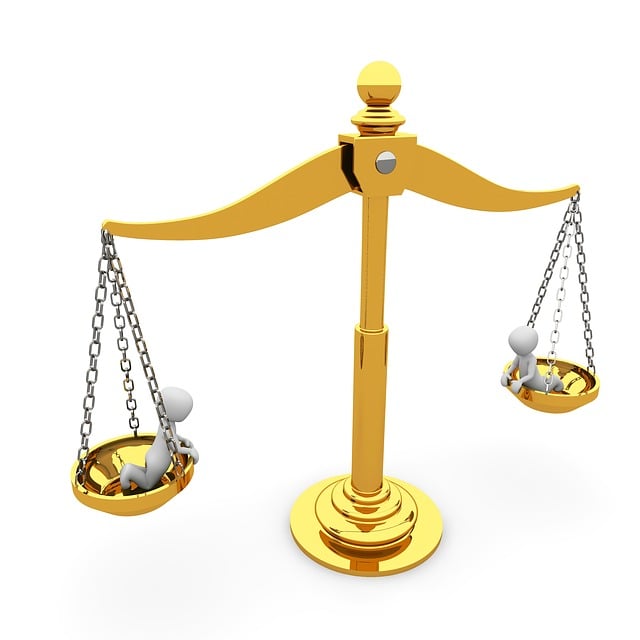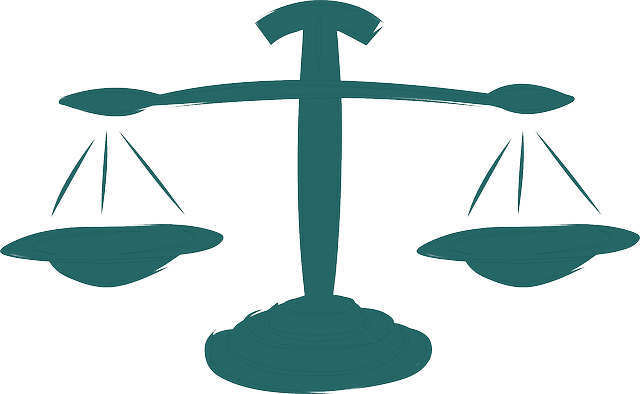Litigation Support Services are vital in modern criminal cases, providing expertise in evidence management and analysis. From documentary and digital forensics to physical evidence like DNA and fingerprints, these services unlock critical insights. Digital forensics experts use advanced tools to extract data from text messages, emails, and social media, while physical evidence ties suspects to crime scenes. Expert witnesses offer specialized knowledge, aiding attorneys in interpreting diverse evidence types, such as forensic reports and medical records. Ethical handling of evidence is crucial, emphasizing integrity, confidentiality, and staying updated with digital forensics advancements to ensure accurate validation of Types of Evidence Used in Criminal Prosecution.
Litigation Support Services play a pivotal role in modern legal processes, ensuring cases are resolved efficiently and justly. This comprehensive article delves into the core components of these services, highlighting their significance in criminal prosecutions. We explore digital forensics techniques that uncover digital footprints crucial for building strong cases. Furthermore, it examines various types of physical evidence used in criminal prosecution, underscoring their vital role. Additionally, we discuss expert witnesses as gatekeepers of complex insights and ethical considerations for a robust litigation support ecosystem.
- Understanding Litigation Support Services: An Overview
- The Role of Digital Forensics in Criminal Prosecutions
- Types of Physical Evidence and Their Importance
- Expert Witnesses: Unlocking Complex Case Insights
- Ethical Considerations and Best Practices in Litigation Support
Understanding Litigation Support Services: An Overview

Litigation Support Services play a pivotal role in modern legal proceedings, particularly in criminal cases. These services encompass a broad range of activities designed to assist attorneys and judges in navigating complex legal landscapes. From gathering and analyzing evidence to providing expert testimony, these professionals ensure that justice is served effectively. In the realm of criminal prosecution, understanding the types of evidence used is crucial, especially when facing white-collar charges or preparing for jury trials.
Evidence plays a pivotal role in shaping the narrative of any trial, and litigation support experts are adept at handling various forms, including documentary, digital, and physical evidence. They employ advanced technologies to analyze data, uncover hidden patterns, and present compelling cases. By leveraging these services, legal teams can strengthen their arguments, challenge opposition claims, and ultimately, achieve favorable outcomes in court.
The Role of Digital Forensics in Criminal Prosecutions

In today’s digital era, criminal prosecutions heavily rely on the extraction and analysis of various types of evidence used in criminal prosecution. Digital forensics plays a pivotal role in this process, ensuring that all stages of the investigative and enforcement process are meticulously documented and analyzed. This specialized field leverages advanced technologies to uncover digital remnants—from text messages and emails to online browsing histories and social media interactions—that may be crucial for building a strong case. By integrating these findings into the narrative, legal professionals can achieve extraordinary results in jury trials.
Digital forensics experts work tirelessly to ensure the integrity of data, extracting and preserving evidence that might otherwise be lost or altered. Their expertise is indispensable, especially when dealing with cybercrimes, where digital footprints are often the only tangible clues. By employing sophisticated tools and techniques, they can trace activities back to their origins, providing irrefutable evidence that aids in reaching just verdicts.
Types of Physical Evidence and Their Importance

Physical evidence plays a pivotal role in criminal prosecutions, serving as tangible links to a case and aiding in presenting a compelling narrative to juries. The types of evidence used can range from forensic samples like DNA and fingerprints to physical objects such as weapons or drugs. Each type offers unique insights that either directly connect a defendant to the crime or provide context crucial for understanding the events that unfolded. For instance, fiber evidence can link a suspect to the scene, while video footage captures unseen moments, offering irrefutable visual proof.
In the context of general criminal defense strategies, recognizing and utilizing these various pieces of evidence is essential. Skilled attorneys employ them to build robust defenses, aiming for complete dismissal of all charges. By presenting a comprehensive picture that counters the prosecution’s case, defense teams can sway juries or judges, ultimately working towards the best possible outcome for their clients.
Expert Witnesses: Unlocking Complex Case Insights

Expert witnesses play a pivotal role in litigation support services, offering invaluable insights that can unlock complex case intricacies. These professionals possess specialized knowledge and experience in various fields, making them indispensable assets for both civil and criminal cases. By providing expert opinions, they help lawyers navigate intricate legal landscapes, particularly in general criminal defense strategies.
In the realm of criminal prosecutions, expert witnesses contribute significantly to presenting compelling evidence. They analyze and interpret complex data, including various types of evidence used in criminal cases, such as forensic reports, medical records, or scientific findings. Their testimony can sway juries, ensuring that for his clients, achieving extraordinary results becomes more attainable. This strategic utilization of experts strengthens legal arguments and ultimately shapes the outcome of trials.
Ethical Considerations and Best Practices in Litigation Support

In the realm of litigation support services, ethical considerations and best practices are paramount, especially when handling sensitive cases involving corporate and individual clients. The integrity of evidence is crucial to ensure a fair and just outcome, particularly in criminal prosecution where the types of evidence used can significantly impact the respective business’s or individual’s fate. Therefore, careful navigation through this process is essential.
Best practices mandate that litigation support professionals maintain strict confidentiality, preserve data integrity, and adhere to legal guidelines when handling electronic discovery. This includes meticulously organizing and labeling evidence, ensuring its authenticity, and respecting privacy rights. Moreover, as technology evolves, staying abreast of advancements in digital forensics is vital to unearth and validate relevant types of evidence used in criminal prosecution, thereby facilitating complete dismissal of all charges if warranted.
Litigation Support Services play a pivotal role in modern legal proceedings, especially in criminal prosecutions. By leveraging digital forensics, expert witnesses, and a comprehensive understanding of evidence types, professionals can navigate complex cases with precision. Ethical considerations and best practices ensure the integrity and admissibility of evidence, making these services indispensable tools for achieving justice. When utilized effectively, they provide insights that can change the course of trials, emphasizing the importance of ongoing education and adherence to high standards within this critical domain.






